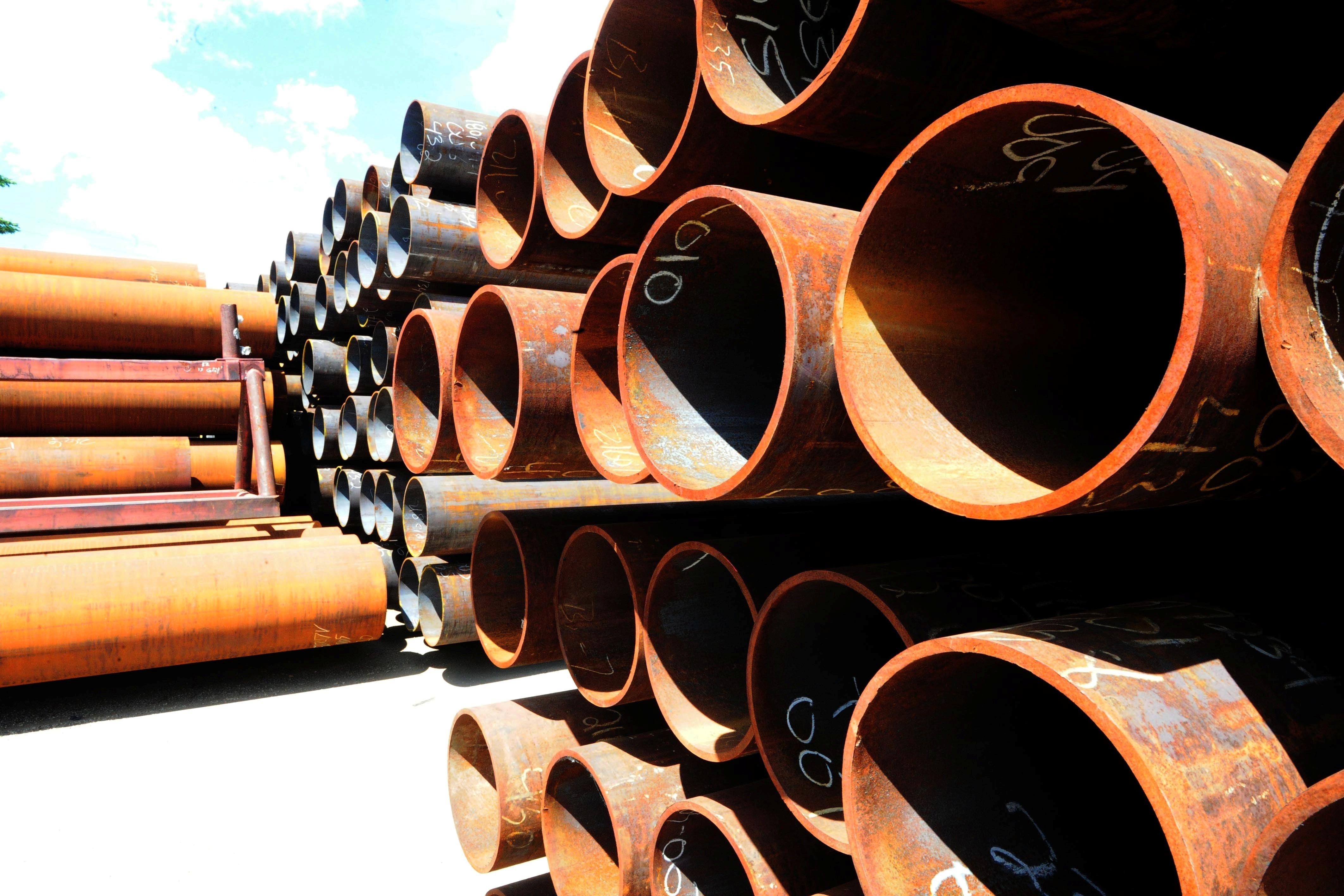Donald Trump likes to brag that his tariffs have saved the U.S. steel industry from collapse. “Steel was dead,” he told a crowd of Pennsylvania workers in August. “Your business was dead. Okay? I don’t want to be overly crude. Your business was dead. And I put a little thing called ‘a 25 percent tariff’ on all of the dumped steel all over the country. And now your business is thriving.”
Back in the real world, however, it has become increasingly clear that the tariffs have done little to lift the industry’s fortunes overall, and have outright backfired for some manufacturers. On Tuesday, for instance, the Bayou Steel Group filed for Chapter 11 bankruptcy and announced that it would shut down its plant near New Orleans. Nearly 400 workers there stand to lose their jobs. A smaller plant in Tennessee, with 72 employees, will also close.
The company has not offered a detailed explanation for its bankruptcy. (It cited a “severe lack of liquidity,” meaning it lacked the cash to keep operating.) But as Bloomberg reports, Louisiana’s Democratic Gov. John Bel Edwards fingered Trump’s trade war as a likely culprit. “While Bayou Steel has not given any specific reason for the closure, we know that this company, which uses recycled scrap metal that is largely imported, is particularly vulnerable to tariffs,” he said in a statement. “Louisiana is among the most dependent states on tariffed metals, which is why we continue to be hopeful for a speedy resolution to the uncertainty of the future of tariffs.”
This is a slight variation on a problem that plenty of critics saw coming when Trump announced his tariffs last year. While many American steel companies manufacture the raw metal from scratch, a number of them don’t. Instead, they specialize in making steel products out of cheap, semi-finished slabs of the material that they buy from abroad. The levies posed a serious threat to that segment’s business model. The administration has tried to skirt around this issue by granting companies waivers allowing them to import steel from countries like China and Japan duty-free, but the process has been contentious and has sometimes led to funny results, such as when one steel company that had spent a year praising Trump’s tariffs later sued the administration after it was denied an exemption from them.
This brings us to the broader point: Trump’s trade war hasn’t so much brought the steel industry back to life as it has reshuffled its winners and losers. In the wake of the tariffs, steel prices rose significantly, which led to a boom in production. But as domestic steel quickly flooded the market, prices tumbled back down to earth. As Bloomberg has reported, that’s created a split in the industry. Companies like Nucor, which can compete effectively on price because its electric mills are relatively cheap to run, have fared pretty well. But U.S. Steel, with its old-school blast furnaces, has gotten socked; its stock value is down by about 75 percent since March of last year, and the company has had to idle plants. Amid all this turmoil, the industry has only added a few thousand jobs, which have come at a severe cost to companies like car makers that use U.S. steel as an input.
We’ll likely learn more about exactly what happened at Bayou Steel in the coming weeks. But for now, it seems like an example that rather than saving some steel companies from death, Trump’s tariffs may be sentencing them to it.
